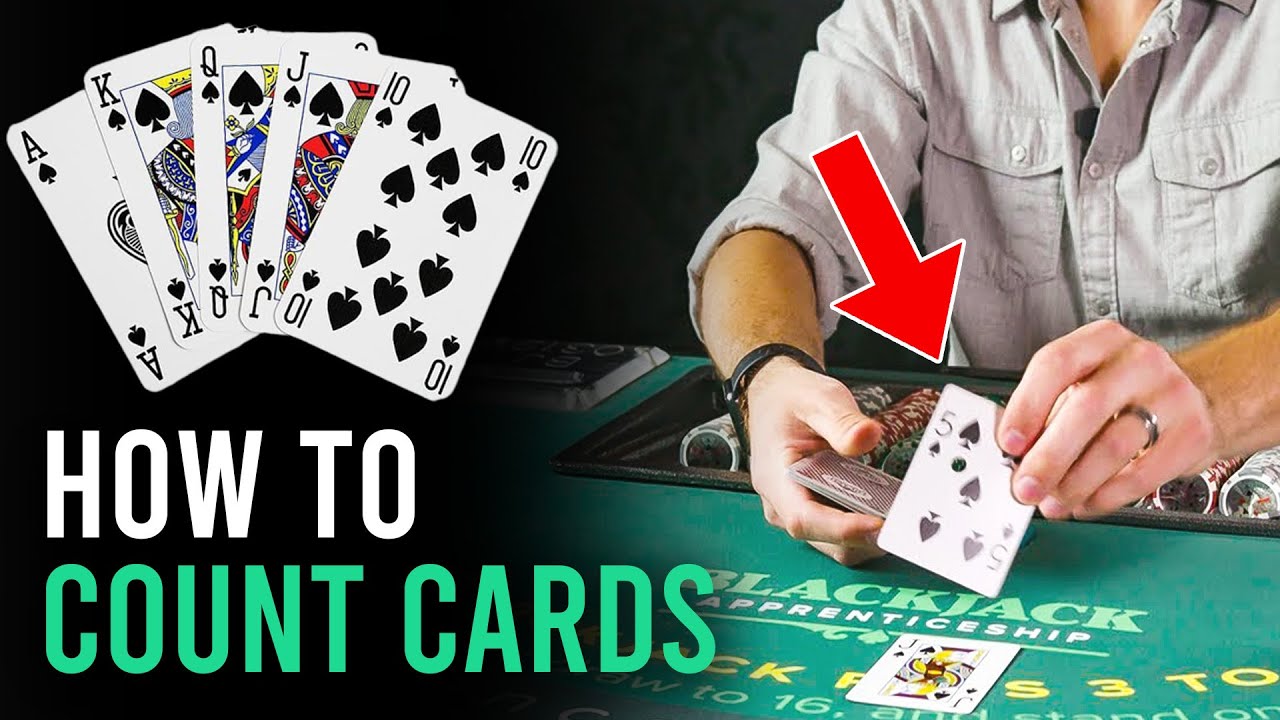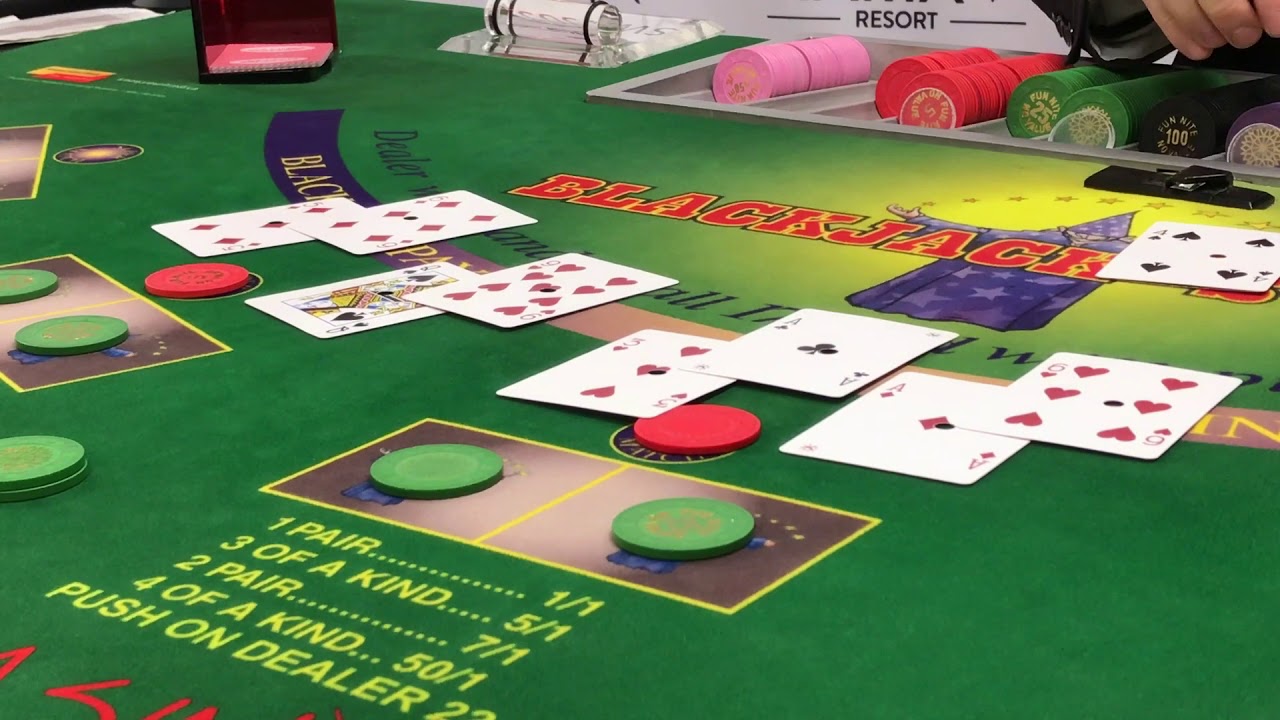Blackjack, gambling card game popular in casinos throughout the world. Its origin is disputed, but it is certainly related to several French and Italian gambling games. In Britain since World War I, the informal game has been called pontoon.
Players hope to get a total card value of 21 or to come closer to it, without going over, than the dealer, against whom all betting is done. For this purpose aces count as 1 or 11, face cards as 10, and the rest at their index value. A hand counting 21 on the first two cards (an ace and a 10 or face card) is called a natural or a blackjack. Suits are irrelevant. In most varieties of the game, a player receiving two cards of the same rank may split them, receiving a second card for each, and play the two hands independently of each other. Another common rule is to allow “doubling down” with two cards that total 11 (in some variants 11 or 10)—the player doubles the bet, turns up the cards, and takes one more card facedown. In some games a player wins extra by getting five cards without “going bust” (going over 21).

House rules in American casinos vary. In casino play each player places a bet, and then the dealer gives two cards to each player (both down, both up, or one down and one up, depending on the casino) and two to the dealer’s own hand (one up and one down; in British casinos the dealer waits until all transactions are over before dealing the last card faceup). The players, each in turn, call for more cards dealt faceup one at a time until they bust or “stand.” Anyone dealt a natural wins immediately unless the dealer is showing an ace or a 10. If all players bust, the dealer wins without further play. Otherwise, the dealer’s downcard is revealed, and, if the dealer does not have a natural, any player’s natural is paid off at one and a half times the bet; the dealer who has a natural wins all the bets except when there is a tie, or “push,” with anyone else holding a natural. With a count of 16 or less, the dealer draws cards one at a time until there is a count of 17 or more. A dealer who busts loses; otherwise, the dealer pays anyone showing a higher count (without busting), and a push occurs for players with a matching total. All cards are collected and taken out of play before the next hand is dealt.

As a casino game blackjack offers players considerable scope for skill, and obsessively dedicated players have been so successful in combating the house edge by a laborious system of card counting that many have been barred from play in major casinos. Because a large proportion of high cards still in the deck increases a player’s odds against the house, card counting essentially depends on making small bets until a favourable proportion obtains and then placing a large bet. In an effort to deter card counting, casinos now use multiple decks, often reshuffling them long before the stock of cards held in the shoe has been exhausted, to minimize any change in the relative proportions of high and low cards.